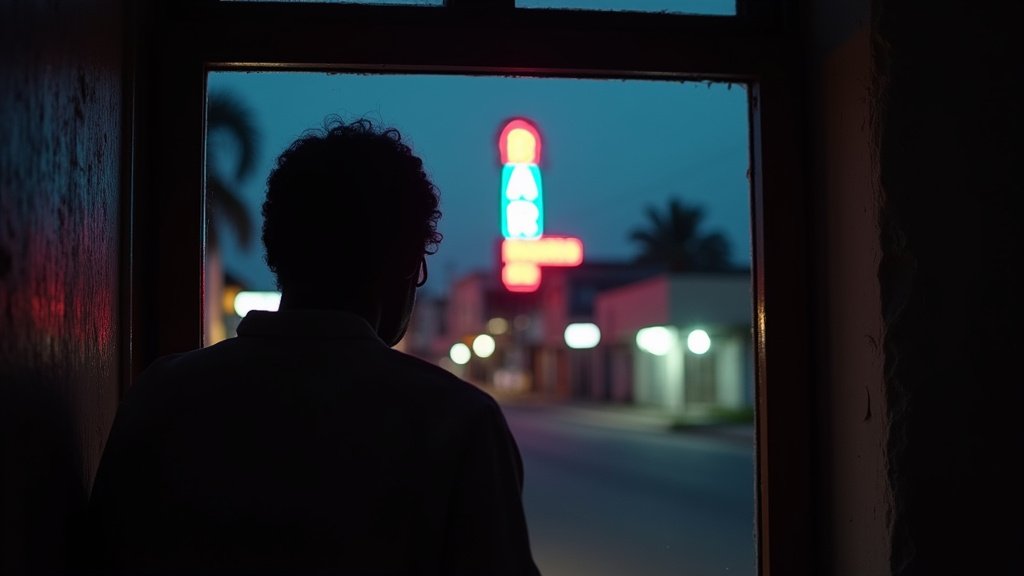A persistent issue with loud music emanating from nearby bars is causing significant distress and sleep deprivation for residents in a Kingston 10 community, prompting calls for more effective enforcement of noise regulations in Jamaica.
For over 50 individuals residing in a shared property, the nightly disruption has become a recurring nightmare. Despite repeated attempts to address the problem through direct conversations and calls to the police emergency number, 119, the disturbances only cease temporarily. Once law enforcement officers depart, the amplified sound systems from the neighboring establishments resume their assault on the peace and quiet of the community.
Decades of Disruption and Failed Resolutions
The resident who brought this issue to light, writing to the Jamaica Observer, has endured this problem for years. Initial efforts to resolve the situation through personal arguments have proven fruitless. The Jamaica Observer has since escalated the matter, informing the police high command of the ongoing disturbance, hoping for a more lasting solution.
The Legal Framework and Enforcement Challenges
Jamaica has in place the Noise Abatement Act, enacted in 1997, which aims to regulate noise caused by amplified sound and other specified equipment. The law stipulates that sound audible beyond 100 meters that is reasonably capable of causing annoyance constitutes a contravention. Designated ‘Silence Zones,’ often surrounding sensitive areas like hospitals and schools, have stricter noise limits. However, the recurring nature of complaints suggests a gap between legislation and its consistent enforcement. Reports from various parts of Kingston, including New Kingston, indicate ongoing struggles with loud music and police operations to curb these violations. Some experts and officials acknowledge the need for reviews and reforms to the Noise Abatement Act to ensure greater order and certainty in the entertainment sector and for residents alike.
Impact on Community Well-being
The consequences of unchecked noise pollution extend beyond mere annoyance. Health experts warn that persistent loud noise can lead to serious health issues, including stress, sleep disturbances, impaired concentration, and even cardiovascular problems. In Jamaica, where music is deeply woven into the cultural fabric, finding a balance between vibrant entertainment and the right to peace and quiet is a critical community challenge. The effectiveness of the 119 emergency line is also a point of concern, as it reportedly handles a high volume of non-emergency and prank calls, which can delay responses to critical situations.
A Call for Sustained Action
The situation in Kingston 10 highlights a broader societal concern regarding noise pollution in Jamaica. While temporary police intervention offers a brief reprieve, a more sustainable approach is needed. This involves robust and consistent enforcement of the Noise Abatement Act, potential legislative reviews to strengthen its efficacy, and a greater sense of responsibility from establishments that contribute to noise disturbances. Residents in this Kingston 10 community, and countless others across the island, are looking for more than just a temporary silence; they are seeking lasting peace and the restoration of their right to a quiet environment.
This news underscores the ongoing efforts to manage noise pollution and maintain community tranquility across Jamaica.

